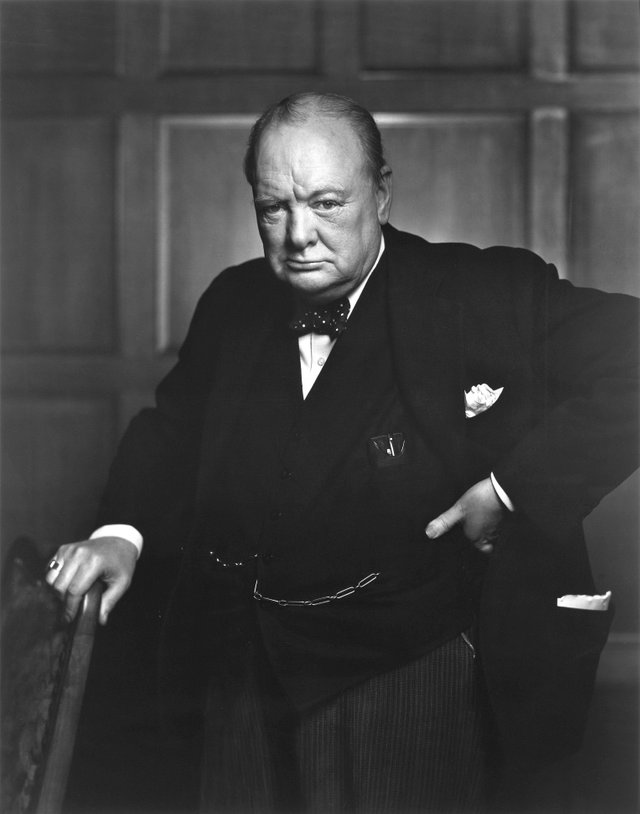Churchill considered making peace with Hitler in 1940? - revisiting historical memory about Britain and World War II

As historian David Reynolds have claimed: " The summer of 1940 has gone down in patriotic folklore as Britain’s finest hour. After France had collapsed, the British people fought on alone but united, aroused by the miracle of Dunkirk, protected by the heroic Royal Air Force, inspired above all by Churchill’s bulldog spirit—‘victory at all costs’, ‘blood, toil, tears and sweat’, ‘we shall fight on the beaches . . . we shall never surrender’. (Reynolds, 2006, 75)
Reynolds has pointed out that this is what have survived of the milieu of that dramatic summer in 1940, when France just had been defeated, and Europe faced unchallenged Nazi rule. In the summer of 1940, before the Battle of Britain, Hitler offered peace terms to Britain. Since than, historians have debated the reasons why Britain had refused this, and why it remained in the war. Public memory usually labeled Foreign Secretary Lord Halifax (considered to be an appeaser, and also the Foreign Secretary of Prime Minister Chamberlain back in 1938, at the time of the infamous Munich Conference) the one to have advocated making peace with the Nazis to avoid defeat and invasion of Britain. (Reynolds, 2006, 78)
However, it important to clarify what he actually wanted, and what was the difference between what he and Churchill advocated. Halifax was not advocating immediate surrender to the Nazis. Instead, he wanted to use the Italians to ascertain Hitler’s likely peace terms. Halifax stressed that he would fight to the end if Britain’s integrity and independence
were threatened—if, for example, Hitler demanded the destruction or the handover of the Royal Navy or the Royal Air Force. However, Halifax believed that if terms could be secured to guarantee British independence and Britain's ability to defend itself, —even if they involved surrendering some colonies—then it was senseless, in his opinion, to permit further destruction and the continuation of the war.
If we examine Churchill's response to this during the course of one of the heated War Cabinet debates it could be easily realised that his viewpoint was not much different from Halifax's. Churchill’s response was that no satisfactory peace could possibly be achieved until Britain proved to Hitler that it could not be invaded or beaten. Only then would a basis of parity with Germany have been reached from which negotiation might be possible.
It is apparent that the only difference between Churchill's and Halifax's viewpoint was whether German inquiries about a potential peace should be listened to at this point (June 1940). Even to inquire about German terms at this stage, Churchill insisted, would be a sign of weakness which would undermine Britain’s fighting position at home and abroad. (Reynolds 2006, 78)
At the end of the war, Churchill, in his 6 volume memoirs made it sure that it was this later viewpoint that prevailed in historical memory. Is not it still valid that history is written by the victors?
- all images are from 'Winston S. Churchill' wikipedia page.
Quotations are from:
David Reynold, From World War to Cold War (Oxford Uni Press, 2006)